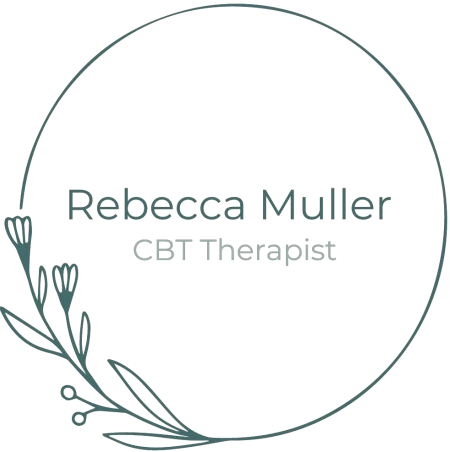Have you ever wondered why two people can experience similar traumatic events, yet one develops PTSD while the other doesn't? Perhaps you've even questioned your own response to trauma, wondering if you're "overreacting" or why you can't just "get over it." As a trauma therapist based in North Berwick, these are questions I hear often, and recent research by Herzog and colleagues offers some fascinating insights.
What Makes Trauma "Stick"?
The study found that it's not just what happens during a traumatic event that matters - it's how threatened you feel during it. This sense of threat during the trauma, called "peritraumatic threat," plays a crucial role in determining whether you'll develop intrusive memories and other trauma symptoms later.
The researchers had participants watch distressing films and found that those who felt more threatened during the experience were more likely to have intrusive memories in the following days. Importantly, these memories were also more distressing and persistent.
Your Experience Matters
What this research tells us is something I see in my practice regularly - your subjective experience of threat matters more than the "objective" severity of what happened. If you felt your life was in danger, or experienced intense fear during a traumatic event, your brain processed that information differently than someone who felt less threatened during a similar experience.
This finding is incredibly validating. It means your trauma response isn't about being "weak" or "oversensitive" - it's about how your brain naturally responded to perceived danger.
The Role of Expectations
The study also revealed something interesting about expectations. When people expected to have more intrusive memories after feeling threatened, they often did. This creates a cycle where fear of symptoms can actually contribute to their persistence.
What This Means for Healing
Understanding this connection between threat perception and trauma symptoms opens up hopeful pathways for treatment. In therapy, we can work together to:
- Process how threatened you felt during the trauma
- Challenge unhelpful beliefs about danger and safety
- Reduce expectations that symptoms will continue indefinitely
- Develop new ways of understanding your experience
Remember, having a strong trauma response doesn't mean you're broken - it means your brain was doing its job of trying to protect you. The good news is that with the right support, these responses can be processed and integrated in a healthier way.
If you're struggling with intrusive memories or other trauma symptoms, please know that your experience is valid and that effective help is available. Understanding why trauma affects us differently is just the beginning of the healing journey. Please get in touch for support.
